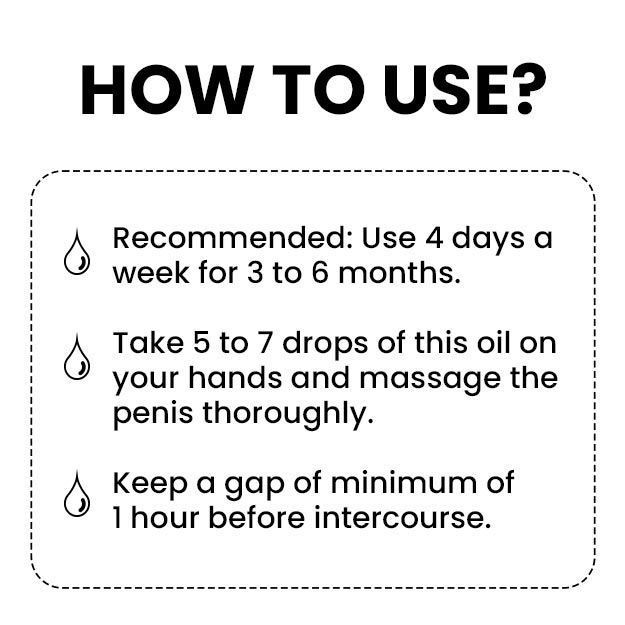The act where you stimulate your own genitals to gain sexual pleasure, mostly to the extent of achieving a climax, is termed as masturbation. It is a part of sexual activities performed by both men and women. Sometimes, it is carried out to seek stress release too. It is a way to discover your likes and dislikes while having sex. In the Indian culture, speaking about sex or any sex-related topic openly is not encouraged, especially when it comes to talking about masturbation. However, times are changing, and society has accepted this change and a healthy discussion between parents and kids about masturbation can help clear the clutter of thoughts in their minds. You may masturbate alone or with your partner and, in many relationships, couples masturbating together is a common practice of seeking sexual pleasure. Social views regarding masturbation vary across the world. In many countries, masturbation has been depicted in ancient sculptures and paintings. In some ancient mythologies, the act of masturbation has been considered normal, while some religious beliefs disapprove the act of masturbation.
Masturbation: A social stigma or a sexual development process?
It is commonly seen that the percentage of men who masturbate is more than that of women or maybe there are very few women who accept and admit that they masturbate. A question likely to arise in your mind over and over again is whether masturbation is harmful or harmless. According to the World Health Organization (WHO), masturbation has been classified under behavioural disorders in children. Children may masturbate simply to explore the feeling. In many Western countries, efforts are being made to identify masturbation as a strategy for improving sexual health. In countries like India where sex education has started gaining importance only in recent times, talking about masturbation or educating young girls and boys on this topic is a major challenge. No matter where you get the idea of masturbation from, it still remains a stigma and, in most instances, you are torn between the need to masturbate to fulfil your sexual desire and the guilt you may feel because you wanted to indulge in such an act.
Research related to sex primarily focuses on sexually transmitted diseases, improvement in sexual activity and pregnancy. Much work is yet to be done in considering masturbation as a step in the process of sexual development. There are innumerable myths about masturbation – you may have heard or read that masturbation leads to damage of sex organs, makes you lose interest in sex or have a decreased libido and the most common one is that it is due to mental disorders. However, these are misconceptions and there is no truth in them. Some studies were conducted where both genders were educated about masturbation and the changes in their attitude and sexual development on learning about and practising masturbation were analysed. The findings were extremely intriguing. It was seen that the double standard with masturbation still remained in the minds of young adults. They showed conflicts of thoughts about whether the pleasure one sought from masturbation was important for sexual development or if it is a prohibited act that would harm the individual or even cause damage to their sex organs. However, if you receive proper sex education at the right age, the idea of masturbation can help you in the process of sexual development.
Following are the answers to a simple question – why do you masturbate?
- Knowing your body
You are the first person who should become very well aware of your body. Only when you love your own body, will you be able to enjoy the physical pleasures.
- Know your sexual needs
Masturbation can be helpful to you in many ways. It will help you in knowing what turns you on. Unless you are aware of what makes you feel aroused, how can you get the pleasure from your partner? By masturbating, you may know what you like and what you don’t during sex.
- Sperm donation
Masturbation can be a requirement for sperm donation, either for some laboratory tests to measure the sperm count or for the in vitro fertilisation technique in which the sperms and an egg from donors are fused in controlled laboratory conditions. The embryo is then transferred to the womb of the woman who wants to conceive.
- Advice by a sex therapist
Your sex therapist might advise you to masturbate in order to get a sexual high and orgasm. This is seen more commonly in women.
- Delaying orgasm
Often men are known to masturbate to delay ejaculation and orgasm.


































